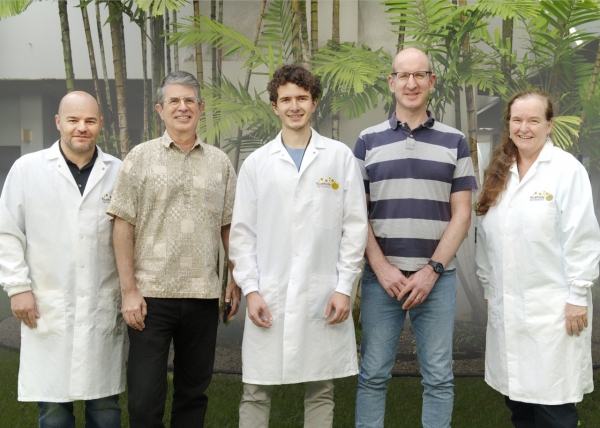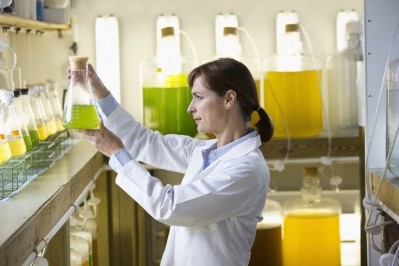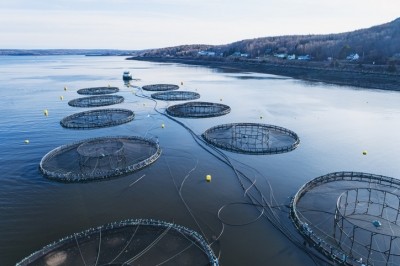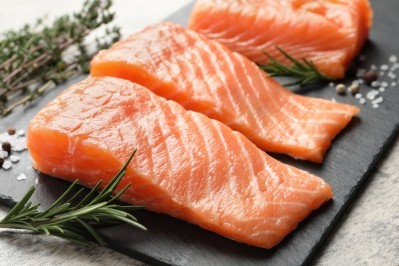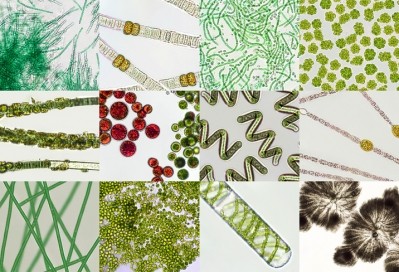Microaglae derived astaxanthin producer secures $3m in funds

KAS aims to be at the forefront of the drive to replace synthetic astaxanthin with a microalgae derived product, addressing a market that is estimated to be valued at around US$2.34bn per year.
“Our lead product is the clinically proven, but expensive to produce, super antioxidant astaxanthin."
The latest round of funding will support plans to elevate production to the industrial level so that KAS can bring its product to market in 2024. The company will initially launch with its European-based production partner, Biorea, an algae manufacturing specialist, and wholly owned subsidiary of the French farming cooperative, Agrial.
"The team [at Biorea] approached KAS in 2021 as they saw an opportunity to apply their algae fermentation expertise to our innovative technology," KAS chief executive, Claude Kaplan, told us.
"We will also be [using the funding] to repeat our earlier successful aquaculture trials in salmon, trout and shrimp, but on a larger scale," he revealed.
The Hawaii based company attracted investment in 2022 from Aqua Spark, a fund with a focus on sustainable aquaculture businesses around the world.
Increasing demand for natural astaxanthin
Widely used in feed for salmonids and shrimp, astaxanthin is recognized for its role as a pigment and antioxidant. Currently, over 95% of the feed market is dominated by synthetic astaxanthin, produced through chemical synthesis from petroleum sources. Though the demand for natural versions is growing, fueled by the rising interest in organically farmed fish and sustainable production practices.
Natural astaxanthin, however, commands a premium price tag, primarily attributed to slow growth rates, cultivation challenges, and the expensive extraction processes involved. KAS claims it has found a way to make the process more economical, through lower production costs, higher yields, faster growth times, and less water and energy consumption.
The technology
Using its patented ‘dark fermentation’ technology and all natural algal strains, the startup says it uses standard fermentation equipment to produce products in a matter of days that normally would take weeks to produce, and at 10% of the cost.
"Other producers take four-six weeks to grow their algae, while our process takes less than four days. Their production either requires enormous amounts of fresh water and land for their open ponds or photo bioreactors (PBRs), or the use of energy intensive LEDs or both. KAS grows its algae in standard stainless steel fermenters that use minimal water, land and energy," reported Kaplan.
While flagging that its process is inherently more resource efficient than competitors, it added that its technology also holds future potential for recycling the gas generated during fermentation to produce feedstock to be fed back into the production process, creating fully circular algal products.
Feeding trials
KAS has previously undertaken feeding trials on its microalgae derived astaxanthin in respect of Atlantic salmon, rainbow trout and whiteleg shrimp.
"All trials showed that our microalgae were highly effective at colouring in all three species. The salmon and shrimp trials were conducted with commercial partners and the trout trial was with Dalhousie University in Canada," said the CEO.
Growing competition
Other market players looking to develop alternatives to synthetic astaxanthin include KnipBio, which offers a bio-astaxanthin ingredient from a strain of the microorganism Methylobacterium extorquens, and JX Nippon, producing Panaferd, a non-GMO astaxanthin through fermentation.
An initiative, Asteasier, led by researcher Matteo Ballottari from the University of Verona, Italy, also aims to transform astaxanthin production, with participants in this consortium project telling us earlier this year how confident they are about the potential of two microalgae strains to offer a faster, more economical, and simpler method of astaxanthin production.
Feeding trials, in collaboration with another consortium partner, BioMar, are evaluating the biomass's incorporation into specialized feed formulations tailored for salmon production. Plans for commercial development include establishing a spin-out company from the University of Verona.
